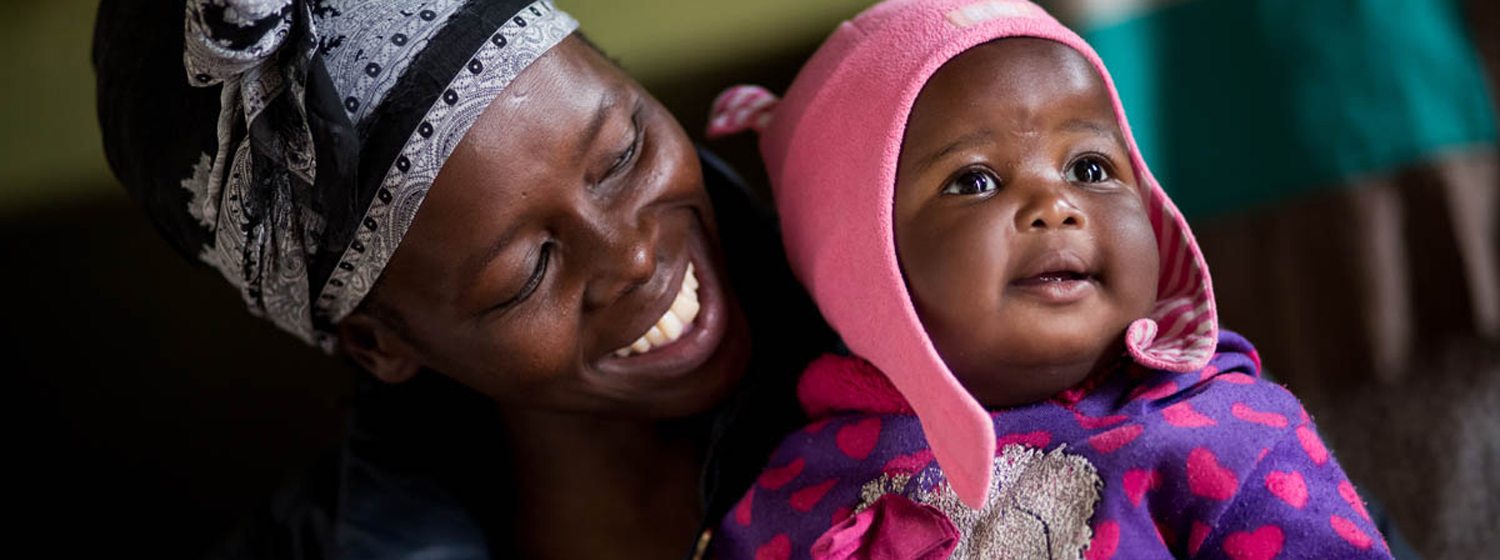Unicef in South Africa: HIV prevention
15 October 2015
Leg 2: The South Atlantic Challenge takes the race teams from South America towards the distant shores of Africa, ending with a warm welcome in Cape Town, South Africa.
Unicef is working to protect children in South Africa by giving mothers and children greater access to maternal, neonatal, child health and nutrition services. One crucial way it can help keep children safe is by helping to prevent the transmission of HIV from mothers to their babies.
South Africa has the largest population of people living with HIV in the world. With the help of its supporters, Unicef can help mothers with HIV to keep their babies safe from the virus.
Siphiwe was already taking antiretroviral treatment for HIV when she fell pregnant with baby Lundiwe. This is her fifth pregnancy - sadly all of her previous babies died shortly after birth. Siphiwe suspects they died of AIDS-related illnesses, but at that time, she didn't know that she had HIV and didn’t get her babies tested.
Immediately after birth, Lundiwe tested negative, to the joy of her mother. Lundiwe is a happy, healthy baby, always smiling and very curious.
This is just one example of Unicef’s work for children across Africa. Your donation will help to protect more children around the world.
Unicef works to keep children safe in 190 countries. It won’t stop until the world is a safe place for every child.
The Clipper Race fleet is due to arrive in Cape Town’s
V&A Waterfront Marina on 21 – 25 October 2015.
To learn more about Unicef and show your support, click here.
Photo credit: © Unicef/HIVA15-0008/Schermbrucker
Join The Race